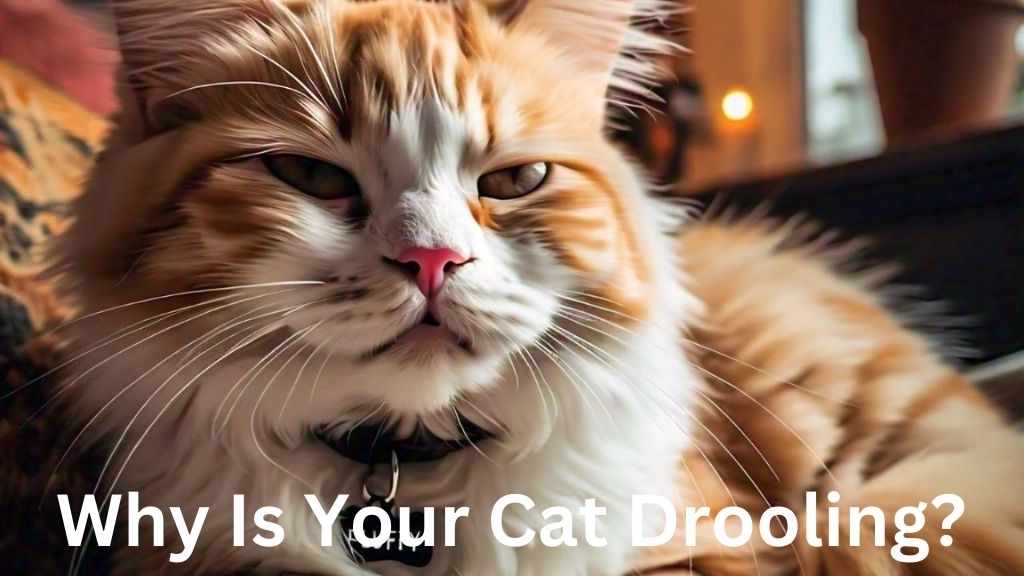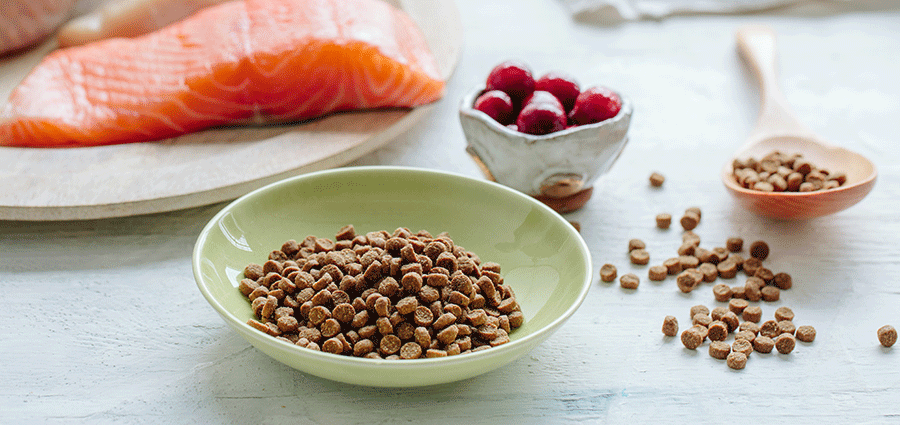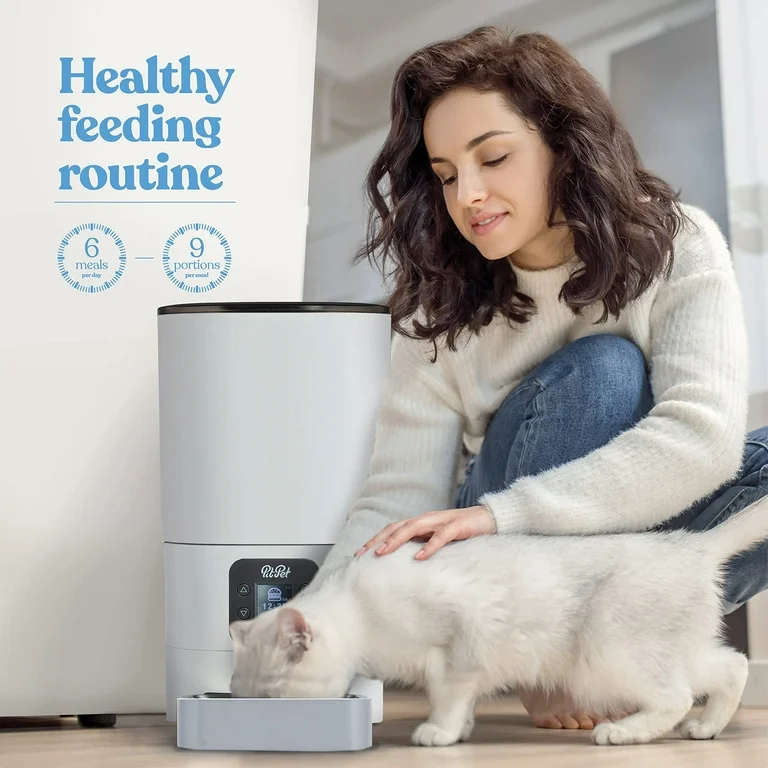
Cats aren’t typically known for excessive drooling like dogs, but it’s not unusual for them to drool occasionally. This can catch cat owners by surprise, especially since most people associate dry mouths with feline behavior. Drooling can be more common in affectionate cats and might often go unnoticed. Understanding the reasons behind your cat’s drooling and knowing when to consult a vet is crucial for their health.
Do Cats Drool?
Drooling, or the overflow of saliva from the mouth, occurs in many animals, including humans. Saliva plays a vital role in the digestive process and is produced by salivary glands. While it’s common for humans to drool when asleep or after dental procedures, cats generally don’t drool as much as dogs. Interestingly, cats have five major salivary glands but still produce less visible drool compared to dogs, which often have four pairs of salivary glands.
Why Do Cats Drool?
A small amount of drool is considered normal in cats. For instance, they may drool slightly when hungry or if they sleep with their mouths open. However, excessive drooling can indicate an underlying issue. Possible causes range from emotional factors and bodily irritations to serious health conditions like inflammation, pain, or swallowing difficulties. If you notice excessive drooling, it’s advisable to consult your veterinarian.
Also Related: All You Need to Know About Tapeworms in Cats
Common Reasons for Cat Drooling
- Purring and Contentment
Some cats may drool when they purr, especially when they feel happy and relaxed. If your cat drools during snuggle sessions, it’s typically nothing to worry about. Using a blanket can help if you’d like to avoid getting slobbered on. - Strong Scents
Cats may drool slightly when they encounter strong smells. For instance, if they detect a new scent from another cat or food, they might drool momentarily. This is normal behavior and typically does n’t require veterinary attention. - Toxin Ingestion
Sudden and excessive drooling may indicate that your cat has ingested something toxic, such as certain human foods or household cleaners. If you suspect your cat has consumed a toxic substance, seek immediate veterinary care. - Stress or Anxiety
Just like humans, cats can experience stress, leading to drooling. If you know your cat is prone to anxiety or if there are upcoming stressful changes (like moving), be prepared for potential drooling. In severe cases, your veterinarian may prescribe medication to help manage your cat’s anxiety. - Heatstroke
Drooling can be an early sign of heatstroke in cats, particularly in hot weather or if they are left alone in a car. Accompanied by symptoms like panting and a rapid heartbeat, heatstroke is a serious condition. If you suspect heatstroke, get your cat to a veterinarian immediately. - Dental Issues
Dental disease is a common cause of drooling in cats. Conditions such as gum disease or tooth abscesses can cause significant pain, leading to excessive drooling. If your cat shows signs of oral discomfort, consult your vet for a thorough dental examination.
Also See: At What Age Do Cats Stop Growing?
When to Consult a Veterinarian
While some drooling can be normal, it’s essential to monitor your cat’s behavior. If the drooling appears excessive, prolonged, or is accompanied by other concerning symptoms, it’s best to consult your veterinarian for a professional assessment.
Frequently Asked Questions
Why does my cat drool when I pet him?
Drooling during petting can indicate happiness or relaxation. However, if your cat appears fearful or anxious, that could also trigger drooling.
Does drooling mean my cat is sick?
Excessive drooling can signal health issues such as dental diseases, oral infections, or even cancer. If you notice blood in the saliva or a foul odor, it’s crucial to consult your vet.
Can anything else cause my cat to drool?
Yes, conditions like viral respiratory infections or foreign objects lodged in the mouth can also lead to drooling. If your cat seems to be trying to clear its mouth of an object, a vet visit is warranted.





